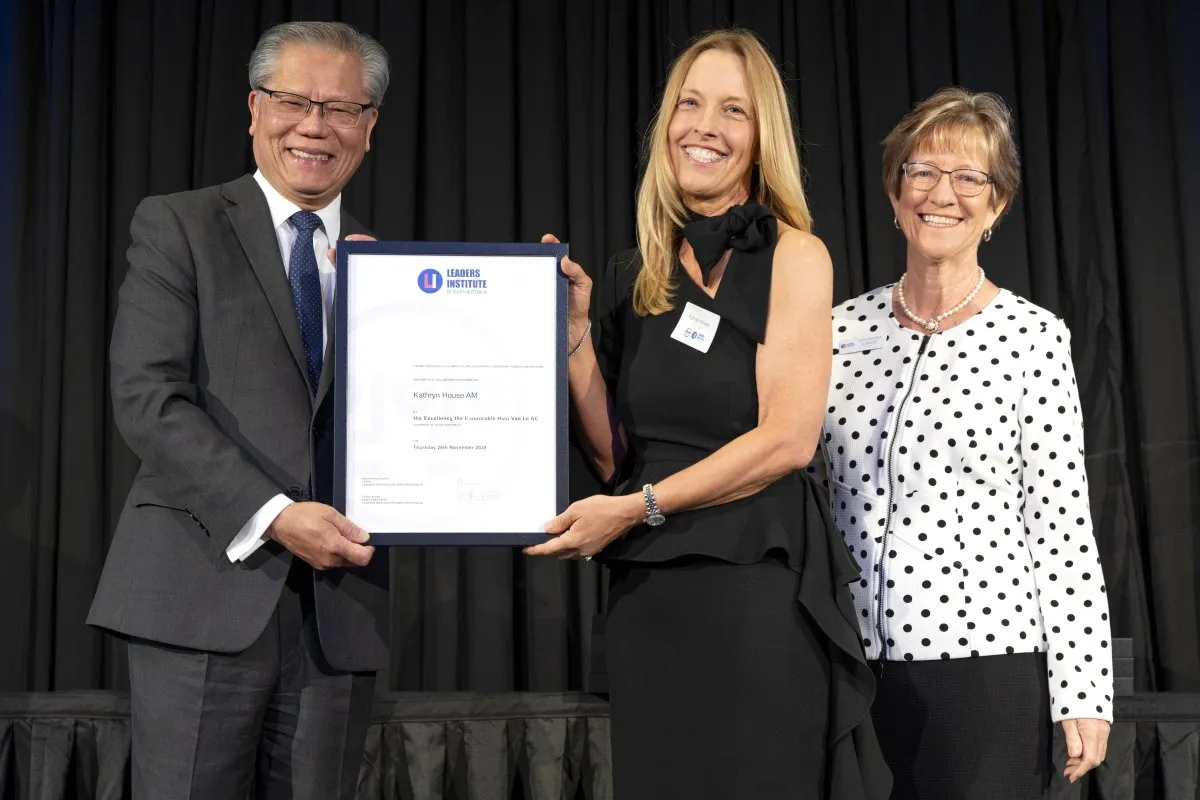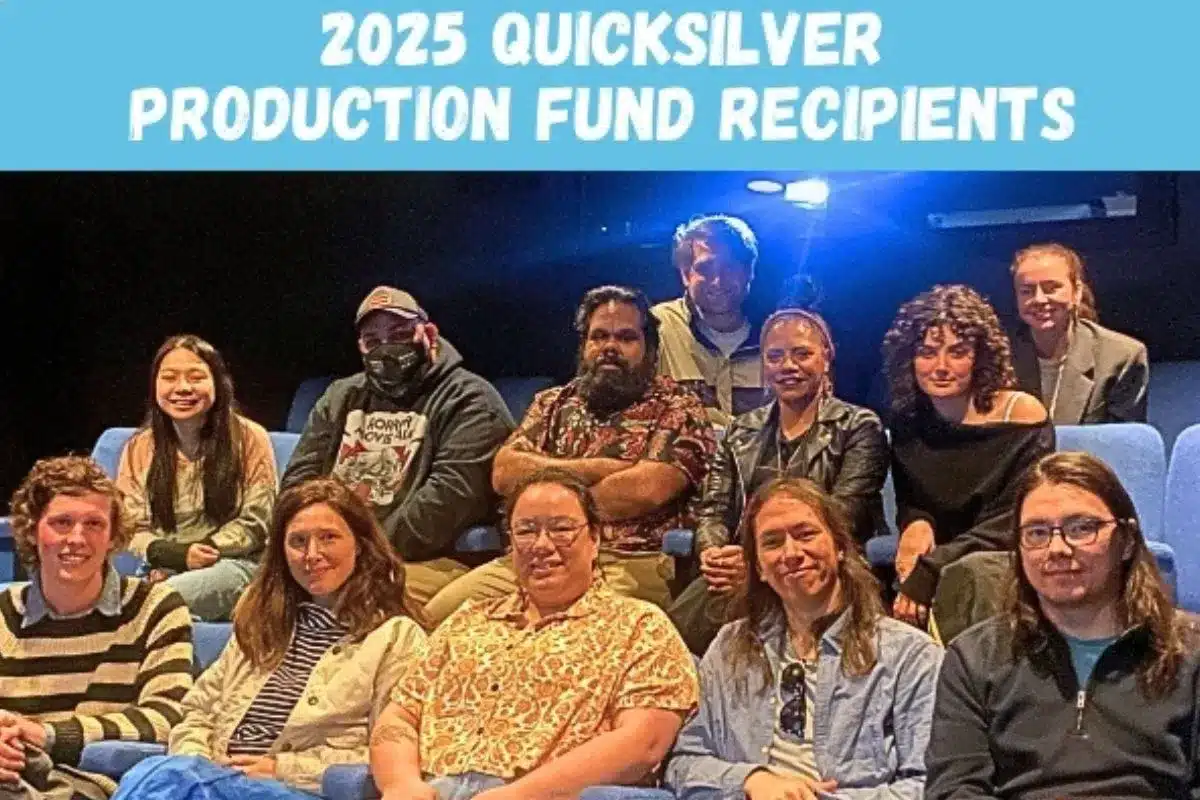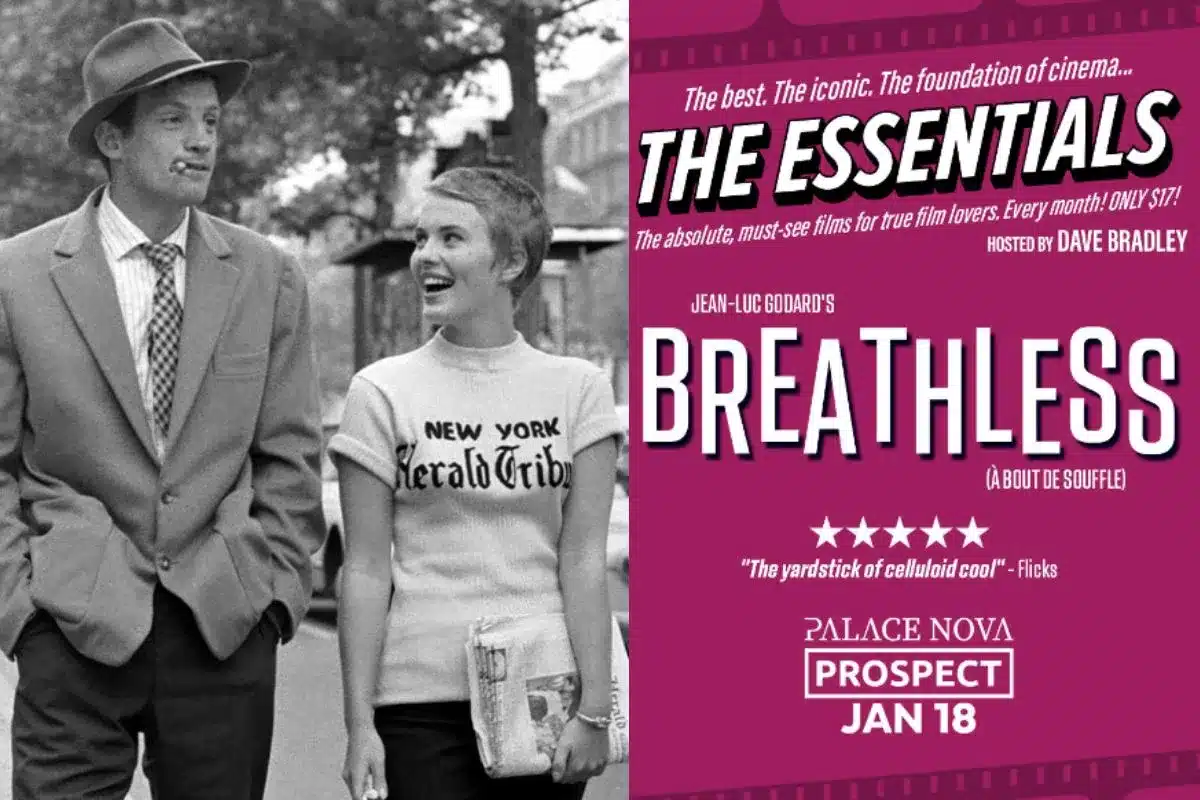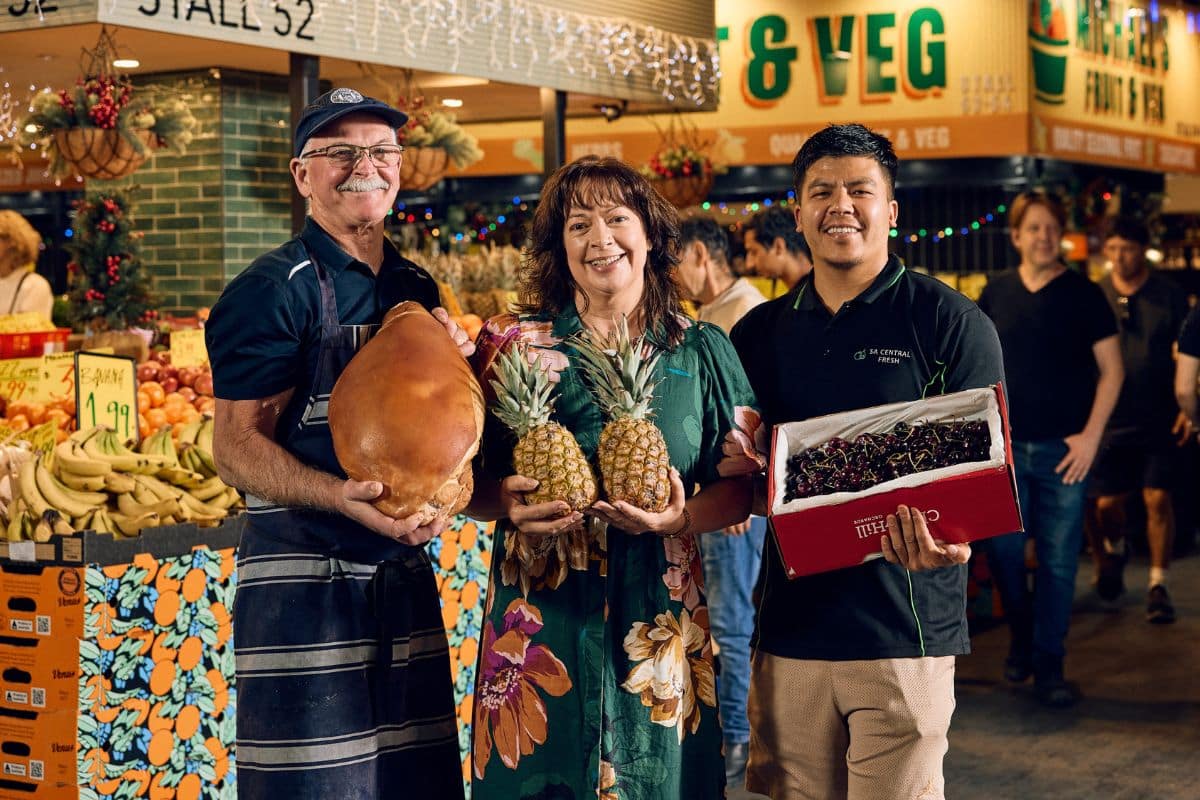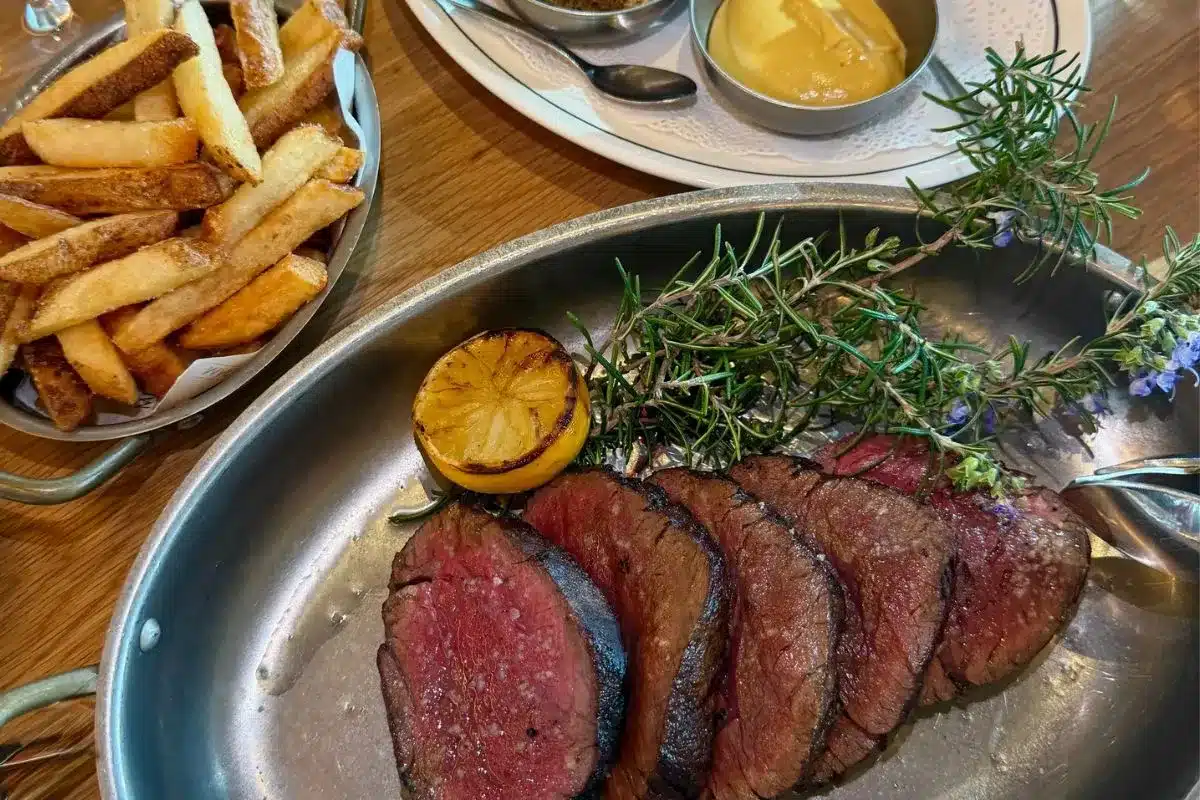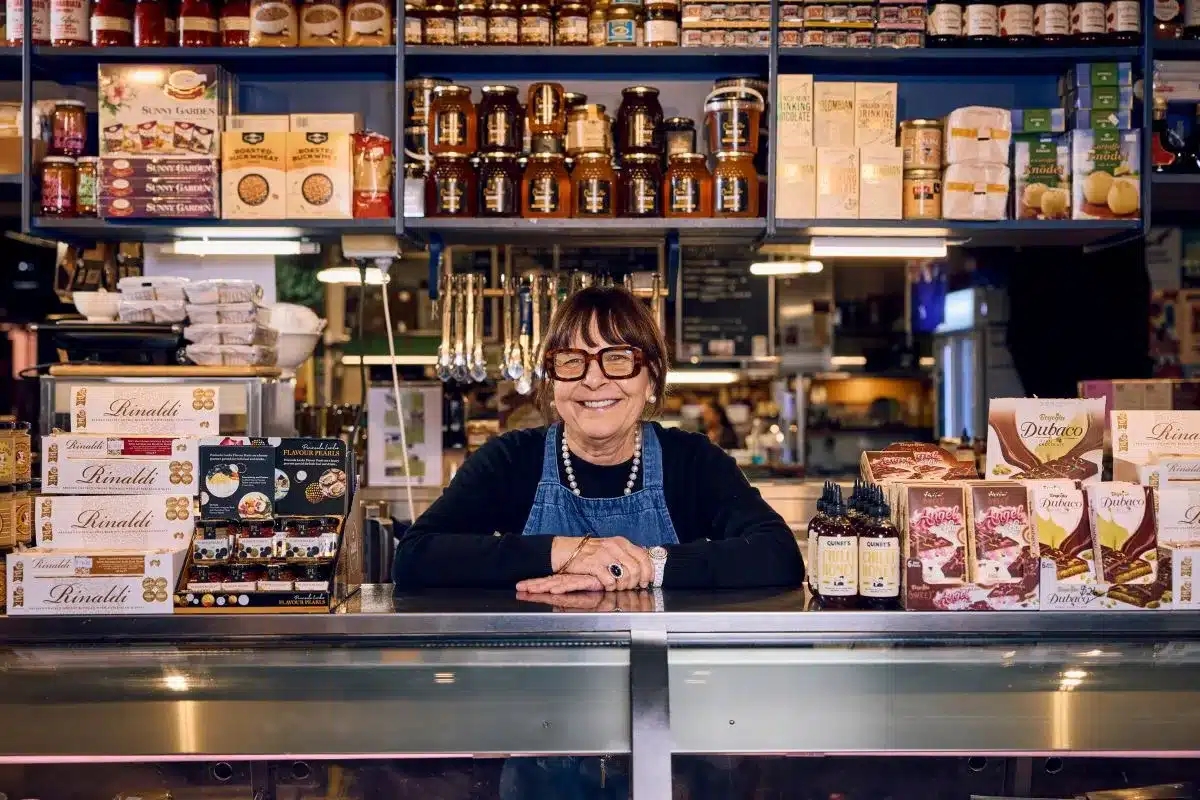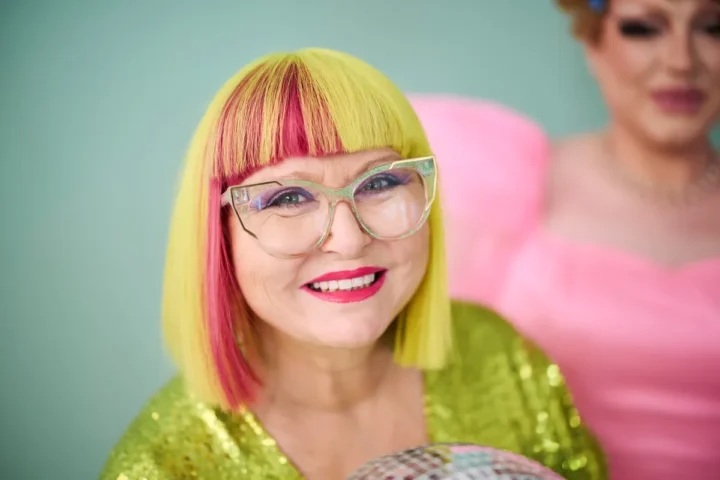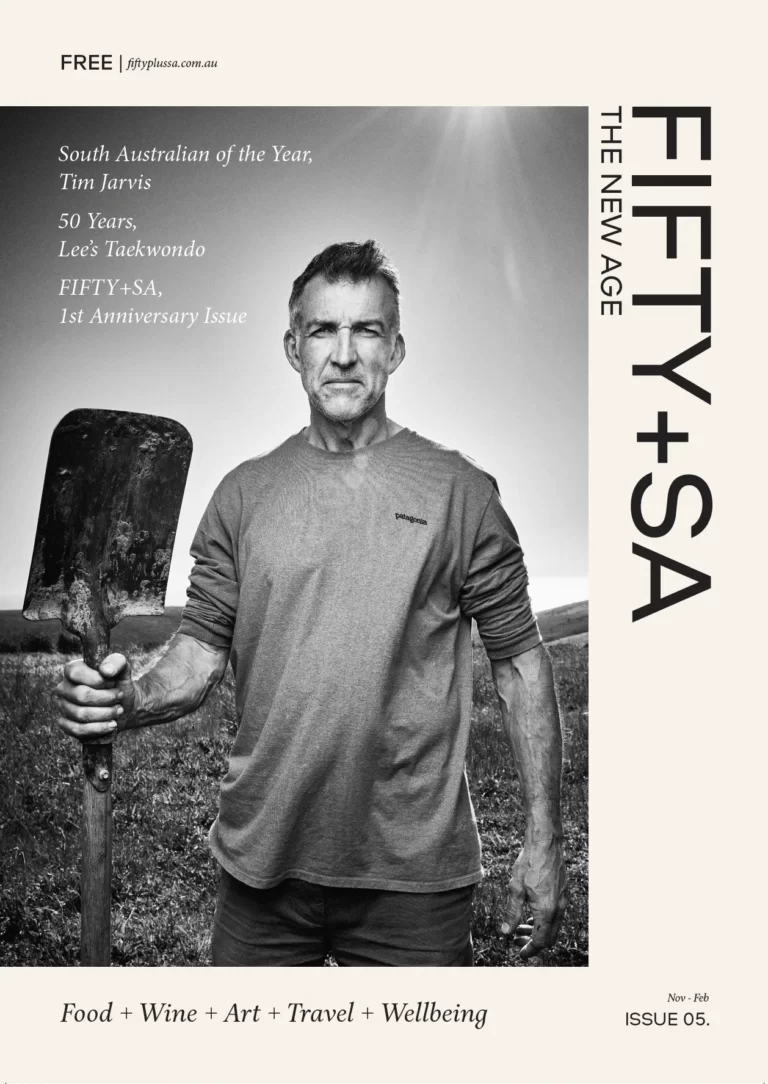From a childhood steeped in the values of rural community life to transformative experiences abroad and back, Kathryn’s journey is a testament to the power of giving and the importance of connection. Through her involvement with organisations like Catherine House and Impact100 SA, she has not only shaped her own purpose but also significantly contributed to the lives of many. We chat with Kathryn about her inspiring story of resilience, leadership, and unwavering commitment to making a difference.
Q: How would you describe your personal journey and the key experiences that have shaped who you are today?
A: I have to credit my upbringing in the countryside as having a great impact on my beliefs and values. In the country people rally and work together as a community, relying heavily on family, friends and each other.
Early on, I learnt that despite my own disadvantage, there was always something I could do for someone less fortunate. We were taught the meaning of ‘paying it forward’ and the rewarding feeling you get when you do something to help others, work as a team or as part of something great.
My interest in languages also had a really big impact on my life. During my university years I studied Chinese, going on to live and work in China where I taught English. This time was really transformative for me as it made me realise that being a bridge between two cultures can really make a difference in someone’s life. When I returned to Australia, I continued to teach Chinese but all the while, especially once my children were at school, I volunteered, joining committees and helping in the community.
During this time (almost 20 years ago), something that really changed my life was when someone approached me to congratulate me on the amazing things I was doing. I soon realised they had me confused with Catherine House, which supports women experiencing homelessness in South Australia and wasn’t as well-known at the time. I went home and researched them, which in those days consisted of looking at the white pages. I then called Catherine House and said to them I’d like to make a donation, and of course there was a little bit of confusion about the name!
I was deeply moved by the stories of the women who Catherine House supported and I realised, that could have been me, my mother, my cousins, my friends, my daughters, it could be any woman I know. I realised that I actually wanted to do more than give a donation and went on to host fundraising events, bringing people together and sharing the important work they do more widely in the community.
Being involved with Catherine House really changed my life and definitely played a part in me embarking on my philanthropy journey.
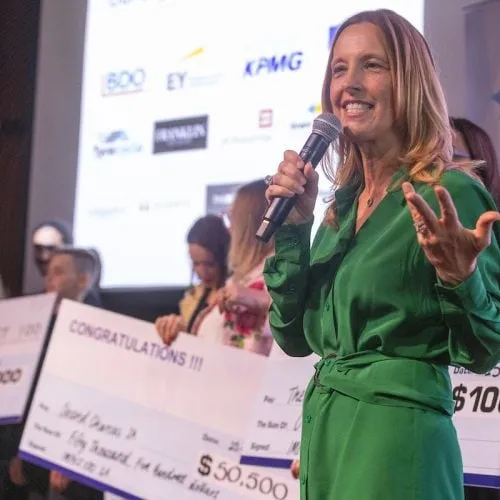
After getting involved with Catherine House, people started approaching me to ask me to come on board and help them with their fundraisers or to set up a foundation. I realised that perhaps this wasn’t something everyone could do and that I really had something to offer non-for-profit and philanthropic organisations.
Another key experience that shaped me and my evolution in fundraising events was joining and becoming chairperson of Impact100 SA, an amazing organisation based on a US model for collective giving.
Impact100 SA brings together hundreds of members who each donate $1,000 annually. Their contributions are pooled to make high impact grants to grassroots South Australian-based charities or organisations as voted by members at an annual Grant Announcement Evening. We’ve been operating for 10 years now and have such an amazing group of people involved all of whom volunteer their time and have helped raise over $2 million through the simple and effective impact model.
I’m also a strong believer that there is so much more to life than material things. I want to look back on my legacy and be proud of my achievements and contributions while also inspiring others to volunteer or support important causes in our community.
Q: What inspired you to enrol in the Governor’s Leadership Foundation (GLF) Program in your late 50s, and how did it transform your perspective on personal and professional growth?
A: At the time, I was in my late fifties teaching in a junior school which was really rewarding and wonderful, but I realised I wanted to be doing more. As a teacher and life-long learner, I had a lot of knowledge but the thing I didn’t have knowledge about was myself.
My children were all grown up and leaving home, we had sold our family business and I was faced with the opportunity to rethink my purpose in life, which for 25 years had been one of supporting others, raising a family, connecting people, and helping them chase their dreams.
I thought, what am I here for and what will I be most proud of when I look back on my life? I realised that I wanted to be the very best leader I could be and support my passion for philanthropy and community. The Governors Leadership Foundation (GLF) Program is a leadership development initiative designed to empower individuals to become effective and influential leaders within their communities and professional fields. The program typically focuses on fostering leadership skills, self-awareness, and community engagement through a combination of experiential learning, workshops, and mentorship.
After deciding to take on the yearlong program, my peers, who were taking up art classes, golf and bridge or looking after their grandchildren, questioned my decision, saying that those sorts of courses were for younger people wanting to network or rise up the corporate ladder.
I was the oldest woman enrolled however, participating in the program with 41 other people from diverse backgrounds honed my appreciation for the importance of perspective taking and being aware of whose voices are not being heard, it was so liberating for me, opening my eyes to new opportunities and possibilities and giving me confidence, self-belief and courage to act, especially at a time that I felt society and my body was saying I was past my prime.
It is as if the GLF was the battery for my torch. I was ready to shine but needed power or a switch. It was personally transformative and empowered me in so many ways but mostly it gave me the confidence to turn my thoughts into things and to “grow wings”. The GLF has helped me find the courage to dream big about future possibilities and how I can continue to live my life with purpose and connection.
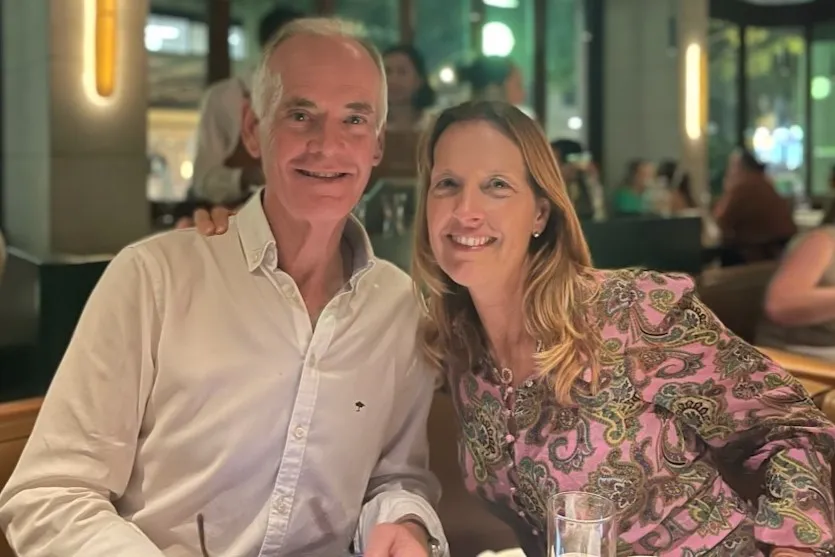
Q: How did your decision to join the GLF program challenge societal expectations about age and career development?
A: My decision to do the GLF actually really challenged societal attitudes towards learning and changing direction. Not only with friends, but colleagues and people around me were quite surprised, as they couldn’t see why I needed it at this point in my life, the benefit and what it would lead to.
I had lots of people comment that if they were in my position they would slow down, travel and spend more time with family and grandchildren.
Despite these challenging perceptions, I felt so strongly about doing something that was for me. I am also really grateful that my husband never questioned why I was doing the course, he just understood and encouraged me to do what made me happy and be the very best I can be.
The GLF really makes you reflect and have greater self-awareness. You can always tell when you meet someone who’s done the course, it’s hard to put your finger on what that is, but I truly think it comes down to great self-awareness.
Q: Could you give us an overview of your work with Young Impact and the mission behind the organisation?
A: During the time I was participating in the GLF, I had a “lightbulb” moment, that despite having been awarded an Order of Australia honour, my best work was yet to come and that I had a real contribution to make as a connector and community leader in philanthropy. I went on to create an organisation called Young Impact in 2021.
Young Impact is for school aged children and is designed to teach them collective giving, volunteering, and social impact through fun and meaningful ways. In three years, the children involved have raised over $35,000, all from lemonade stands, bake sales, collecting recycling, making jewellery and chopping wood, to name a few enterprises.
Q: Could you share the story behind your “recipe club” and how it has fostered connections and community bonding?
A: After hearing about the loneliness epidemic in the community following COVID, I was inspired to create a recipe club. It’s a wonderful opportunity to bring people together to meet monthly and based around a specific theme like a colour, ingredient or holiday as a way to get creative and connect with one another.
I believe it’s a model that you could use and grow right across the community. It’s taught me the deep value of bringing people together for a common cause and further highlighted the importance of human connection.
Around the same time, I also founded a group called Powerful Women, a free speaker program which brings together women from diverse backgrounds, who are passionate about creating a kinder and fairer society. There are 200 women involved and every three months we get together and listen to other women’s personal and inspiring life stories.
We’ve had SAHMRI Researcher, Dr Hannah Wardill, cancer researcher focusing on the gut biome. We had wonderful Lan Le, the former governor’s wife, talk about her powerful journey from Vietnam as a refugee and what it was like growing up in a war-torn country, Izzi Batt Doyle talk about her power to win, being an Olympian and what she had to lose in order to win.
It’s been such an enlightening experience listening to and learning from such incredible women, we even have some women travel hundreds of kilometres for our events.
After deciding to embark on the yearlong Governor’s Leadership Foundation program, my peers, who were taking up art classes, golf and bridge or looking after their grandchildren, questioned my decision, saying that those sorts of courses were for younger people wanting to network or rise up the corporate ladder.
Q: You’re also the chair of GrandCarers SA; what are some of the key challenges faced by grandparent carers, and how does the organisation support them?
I first got involved with GrandCarers SA about four years ago when they applied for a grant from Impact 100, seeking support for their village program.
GrandCarers is an amazing organisation that seeks to provide information and support services to grandparents or relatives who have stepped in to care for children when their parents are not in a position to do so. Unlike other carers, they do not have legal custody and don’t get the financial support.
With many of the children having experienced trauma, neglect or abuse, these carers step in to care for the welfare of these children in the form of education, medical support, clothing, feeding, social and psychological support.
I was inspired to get involved with GrandCarers SA as I have a close friend, whose grandmother stepped in to raise them following a neglectful and abusive childhood. In any other situation, they would not be thriving the way they are, their grandmother made sure they went to school, got them involved with sport and provided stability.
Thanks to their grandmother, my friend was able to finish school, go to university, has an amazing job and is in a really loving relationship raising their own children who are thriving. I can’t help but think if it wasn’t for that grandmother, what their life may have been like.
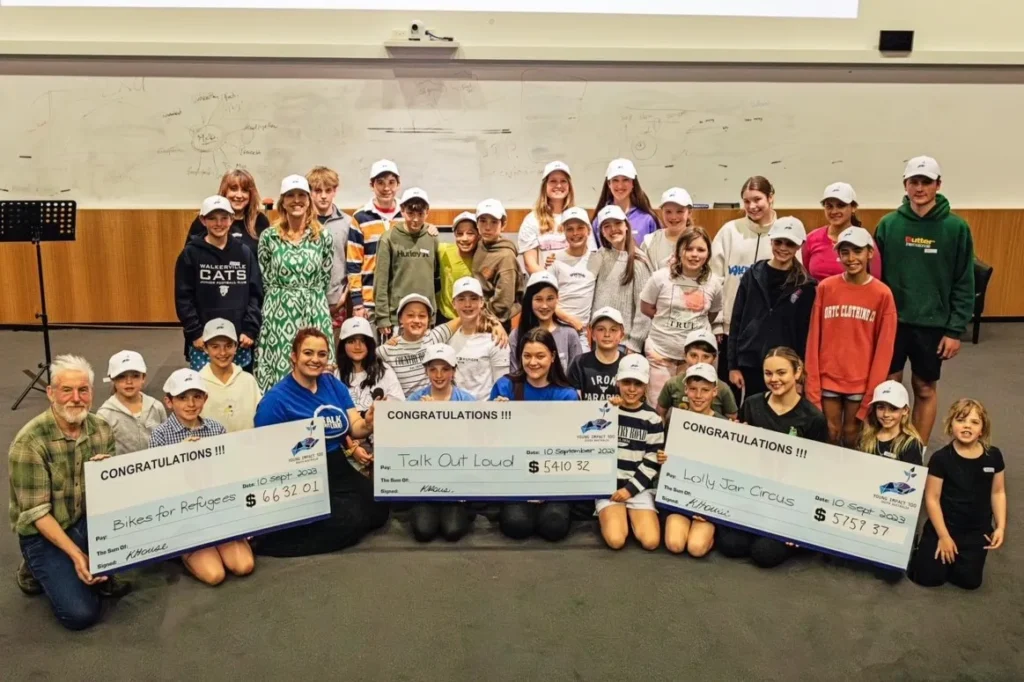
Q: What drives your passion for philanthropy, and how do you balance your various commitments to different organisations?
A: As mentioned, family influence and values definitely played a big role in my philanthropy journey as well as being grateful and appreciating how lucky I am. But it also comes from that deep seated, firmly ingrained belief that all people have the right to live healthy lives where they can be fully engaged, participate in society and have access to education and medical care.
I’m also a strong believer that there is so much more to life than material things. I want to look back on my legacy and be proud of my achievements and contributions while also inspiring others to volunteer or support important causes in our community.
It’s definitely a balancing act when it comes to my commitments but I love it. My personal life may be less organised, my nails might be chipped, my house a little messier and my hair not as tidy, but I wouldn’t have it any other way.
The organisations that I work with are much like having children; I care for them all and they often need different things at different times. Fortunately a lot of the skills I have learned working with one organisation often carry over to another, so I am able to share ideas based on my experience.
Q: As someone deeply involved in various community organisations in Adelaide, what do you think makes the city unique in terms of community engagement and support?
Wherever you go in Adelaide you will often see the same people over and over again at fundraising events and that’s actually a lovely thing. We’re deeply connected in South Australia. I find that whenever I am organising an event, there’s such a strong show of support from people and other organisations offering to help – especially in philanthropy, it’s like a big family, we all know each other!
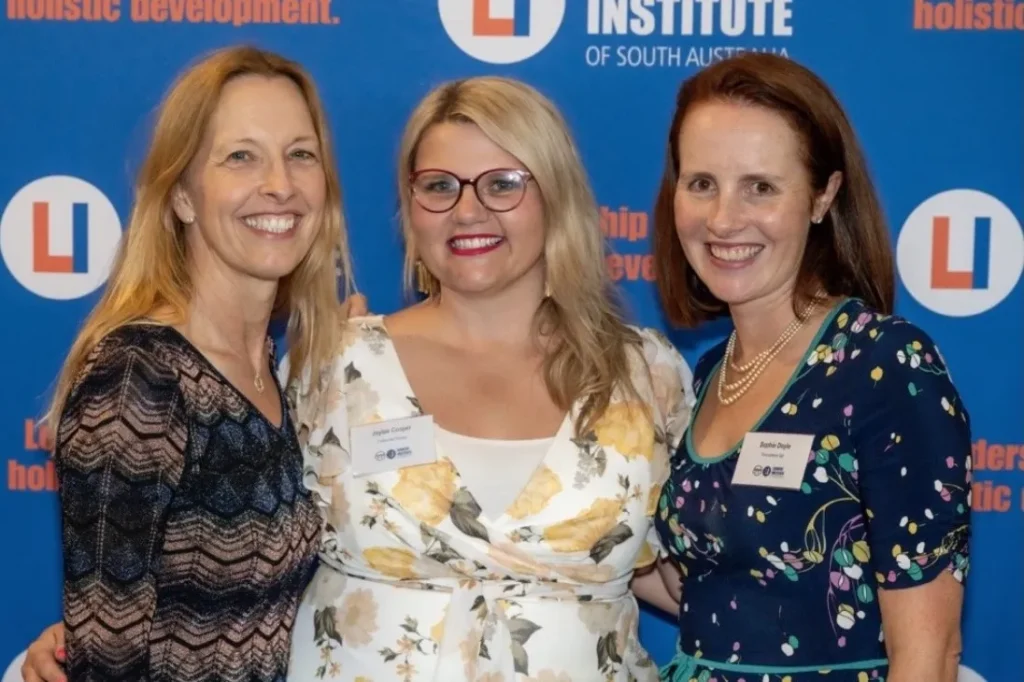
There is so much collaboration and cooperation in Adelaide, Impact100 is an example of this with over 300 supporters and all of them involved with other organisations, working together to collaborate and support a number of causes.
It was so liberating for me, opening my eyes to new opportunities and possibilities and giving me confidence, self-belief and courage to act, especially at a time that I felt society and my body was saying I was past my prime.
Q: What are some of your favourite aspects of Adelaide, both as a place to live and work?
A: I love Adelaide, we are so lucky to have such wonderful walking trails, restaurants and festivals! It’s also the perfect size which I feel allows us to be deeply connected as a community. The beauty of Adelaide is definitely something you come to appreciate after travelling. We have such a well-planned and carefully designed city, everything is so accessible, it’s easy to get around, surrounded by beautiful parklands, green spaces and fresh air.
Recently I had an experience, where I visited the Mount Lofty Botanic Gardens and it was spectacular. I loved seeing all the families enjoying it, picnicking, taking photos, walking – it’s such a beautiful space everyone can access.
It’s nice to see and explore the world, but Adelaide is a great place to call home.
Hero image: Hon Hieu Van Le AC and Alexandrea Cannon OAM, at the GLF graduation in their roles at the time as Patron and Chairperson of the Leaders Institute

